Study Petroleum Engineering in Malaysia at Top Private Universities
Energy is a key component to our daily lives; and a secure energy future requires a balance between environmental impact and
supply that is affordable. Petroleum engineers are able to address and solve important issues that will lead to energy security and thus are in high demand.
The study of petroleum engineering covers a wide area of knowledge and students in Malaysia interested in this course will cover these areas:
- Mathematics
- Physics
- Geology
- Chemistry
Petroleum engineering overlaps with many of the engineering disciplines, such as: mechanical, chemical, and civil. Graduates of the Petroleum Engineering course will be able to:
- Evaluate potential oil and gas reservoirs
- Oversee drilling activities
- Select and implements recovery schemes
- Design surface collection and treatment facilities
Malaysian students do not need to go overseas to study petroleum engineering. Top universities such as Heriot-Watt
University Malaysia is offering the petroleum engineering degree course at their new state-of-the-art campus at Putrajaya.
Heriot-Watt University is a top ranking university in the UK.
Students interested to obtain a top Australian degree can go for the Curtin University Sarawak. The Petroleum Engineering degree at Curtin University Sarawak is accredited by the Board of Engineers Malaysia (BEM) and has won many awards as well.
For an affordable and yet high quality of education in petroleum engineering, students can consider UCSI University at Kuala Lumpur.
UCSI University is famous for their engineering courses and has more than 28 years of experience in higher education in Malaysia. Students at UCSI University have access to excellent facilities and their unique internship program for 2 months of each year of studies.
The Petroleum Engineering degree course at UCSI University is accredited by the Board of Engineers Malaysia (BEM).
Petroleum Engineer Salary in Malaysia
Petroleum engineers must have a bachelor’s degree in engineering, preferably in petroleum engineering. Employers also value
work experience, so engineering programs with internships in which students earn academic credit for structured job experience, are valuable as well.
Job Outlook According to the USA Department of Labour, Employment of petroleum engineers is expected to grow 17 percent from 2010 to 2020, about as fast as the average for all occupations. Oil prices will be a major determinant of employment growth, as higher prices lead to increasing complexity of oil companies’ operations and require more engineers for each drilling operation.
In 2010, the median salary per year was US$114,080 per year In Malaysia. Petroleum Engineers can earn yearly from RM 37,094 - RM 365,156 depending on their experience.
Increase in Demand for Petroleum Engineering Graduates in Malaysia
The Oil, Gas and Energy NKEA which is key to the Malaysian economy as it contributes 20% of the Gross Domestic Product
(GDP), is aimed at raising the sector’s output and meet energy demand over the 10-year period. It is also aimed at enhancing downstream growth, making Malaysia the number one hub for oil field services and building a sustainable energy platform for growth.
The Gumusut-Kakap field, which recorded its first oil production in Nov 2012, is expected to reach a maximum of 25,000 barrels per day (bpd) after ramping up two wells. Located in offshore Sabah as Malaysia's second deepwater development, the field's full development comprises 19 subsea wells, a permanent semi-submersible floating production system with a potential to produce a maximum of 120,000 bpd.
In positioning Malaysia as the leading oil and gas (O&G) hub in the Asia-Pacific region by 2017, Malaysia Petroleum Resources Corp (MPRC) was formed to promote, catalyse and transform the sector. Notable projects in the O&G (oil and gas) sector include the RM60bil Refinery and Petrochemical Integrated Development project in Pengerang, Johor, and the RM3.8bil Sabah Oil and Gas Terminal in Kimanis.
The O&G industry is involved in downstream activities as well. Here, ‘downstream’ means processes taking place after oil has
been transported from the reservoir, and into crude oil terminals. Investment opportunities include processing and refining of the crude, petrochemical plants, logistics and retail transactions.
Downstream has different players, and a more diverse range of interests. In oil refining, there are Petronas Penapisan (with plants in Terengganu and Melaka), Shell, ExxonMobil and Conoco. Petronas Gas and MLNG are involved in gas processing and transmission. Gas distribution is handled by Gas Malaysia.
The retail arm has many interests, including Petronas Dagangan, Shell, ExxonMobil and Conoco Phillips (under the Projet brand). Petrochemicals have the most diverse range of companies, including Optimal, BASF, BP, Amoco and Idemitsu.
All these are evidence that the job potential for Petroleum Engineers in Malaysia is good. In addition, Petroleum Engineers can work any where in the world.
The Work of a Petroleum Engineer in Malaysia
A petroleum engineer is involved in nearly all stages of oil and gas field evaluation, development and production. The aim is to
maximise hydrocarbon recovery at minimum cost while maintaining a strong emphasis on reducing environmental impact. Petroleum engineers are divided into several groups:
- Petroleum geologists find hydrocarbons by analysing subsurface structures with geological and geophysical methods.
- Reservoir engineers work to optimise production of oil and gas via proper well placement, production levels and enhanced oil recovery techniques. They use computer simulations to assist in the identification of risks and to make forecasts on reservoir potential.
- Production engineers manage the interface between the reservoir and the well through such tasks as (but not limited to) perforations, sand control, artificial lift, downhole flow control and downhole monitoring equipment. They also select surface equipment that separates the produced fluids (oil, natural gas and water).
- Drilling engineers manage the technical aspects of drilling both production and injection wells. They work in multidisciplinary teams alongside other engineers, scientists, drilling teams and contractors.
| Discipline | General Degree / Qualification |
| Reservoir Engineering | Degree in Petroleum Engineering / Chemical Engineering |
| Petrophysics | Degree in Petroleum Engineering / Geology (G&G) |
| Production Technology | Degree in Petroleum Engineering / Chemical Engineering / Mechanical Engineering |
| Drilling | Degree in Petroleum Engineering / Chemical Engineering / Mechanical Engineering / Electrical Engineering |
| Petroleum Economics | Degree in Petroleum Engineering / Chemical Engineering / Mechanical Engineering / Electrical Engineering |
Typical work activities of a Petroleum Engineer
Petroleum engineers increasingly use advanced computers, not only in analysis of exploration data and simulation of reservoir
behavior, but also in automation of oilfield production and drilling operations. Petroleum companies own many of the world’s supercomputers. Petroleum engineers have a future full of challenges and opportunities.
They must develop and apply new technology to recover hydrocarbons from oil shale, tar sands, and offshore oil and gas fields.
They must also devise new techniques to recover oil left in the ground after application of conventional producing techniques.
Since many petroleum companies conduct worldwide operations, the petroleum engineer may have the opportunity for assignments all over the world.
The work of a Petroleum Engineer
Basically, Petroleum engineers design and develop methods for extracting oil and gas from deposits below the earth’s surface. Petroleum engineers also find new ways to extract oil and gas from older wells.
The actual tasks carried out will vary depending on the specific role but may include:
- liaising with geoscientists, production and reservoir engineers, and commercial managers to interpret well-logging results and predict production potential;
- compiling detailed development plans of reservoir performance using mathematical models to ensure maximum economic recovery;
- selecting optimal tubing size and suitable equipment within the well for different functions;
- designing the completion - the part of the well that communicates with the reservoir rock and fluids; • designing systems that help the well to flow, for example using submersible pumps;
- managing problems of fluid behaviour and production chemistry;
- evaluating and recommending flow rate enhancement by using, for example, hydraulic fracturing (to force fluid into a well and fracture the rock) and acid treatment (to erode the rock and improve flow path);
- managing and controlling wells with branches at the bottom (horizontal and multilateral wells);
- using well and reservoir remote sensing technology and surveillance data to manage the value of the reservoir and decide on appropriate engineering interventions;
- understanding and managing how a set of wells interact;
- managing contractor relationships in relation to health, safety and environmental performance;
- supervising well-site operations personnel and managing staff at all levels, including the training and supervision of crew members, to ensure that everyone works as a team in order to meet deadlines to clients' satisfaction;
- liaising with separate departments to ensure correct progress with projects;
- taking responsibility for the maintenance of equipment;
- liaising with clients to keep them informed of progress.
EduSpiral Consultant Services- Your Personal Online Education Advisor
Established since 2009, EduSpiral Consultant Services helps provide information and counselling on courses and universities in Malaysia. EduSpiral Consultant Services also represents MDIS Singapore and Hong Kong
Polytechnic University.
EduSpiral Consultant Services represents the best colleges and universities in Malaysia offering a wide range of choices for students to choose from. These colleges and universities offer value for money in the quality of education and excellent facilities that you get.
These universities and colleges are chosen by EduSpiral because they represent the best in their fields in Malaysia and affordable. EduSpiral provides in-depth information and counseling on their courses so that students are able to make the right choice.
If you are still not sure what to study, please contact us and we will send you a free EduSpiral Career Assessment Form.
Please contact us for more details.
- Whatsapp: +601111408838
- Wechat/Line: EduSpiral88
- Instagram: www.instagram.com/eduspiral
- Foursquare: www.foursquare.com/eduspiral
- Youtube: www.youtube.com/eduspiral
- Follow EduSpiral: www.twitter.com/eduspiral
- Be my friend: www.facebook.com/eduspiral1
- Like EduSpiral: www.facebook.com/eduspiralcs
- Message me: info@eduspiral.com
- Website: www.eduspiral.com

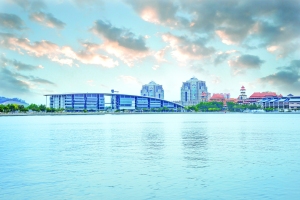
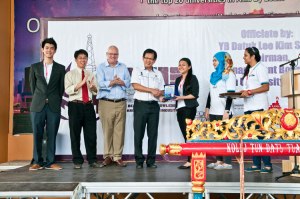
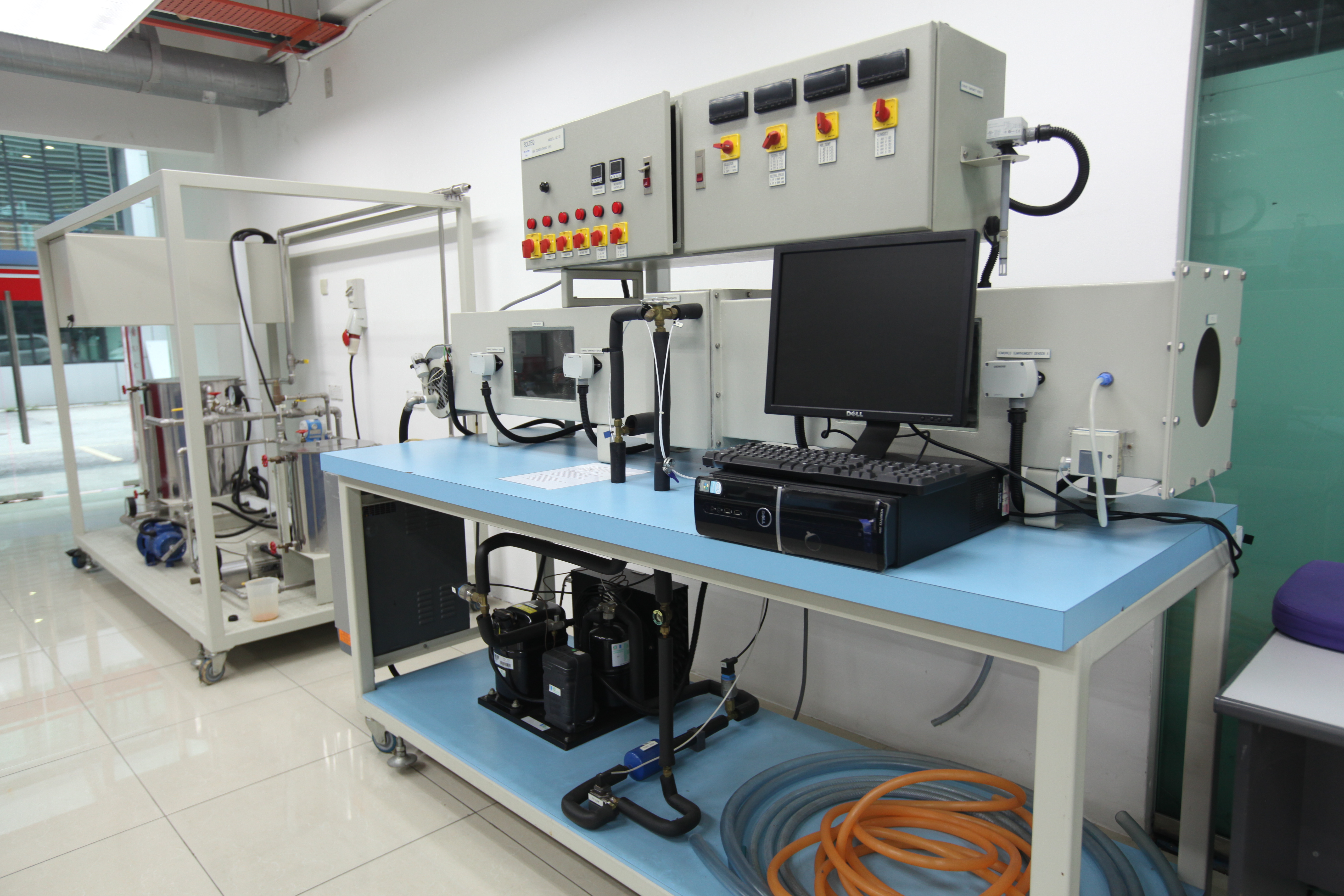


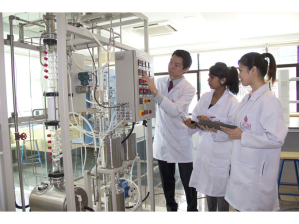
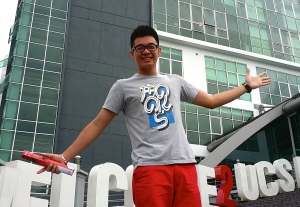

No comments:
Post a Comment
Please leave your comments and questions